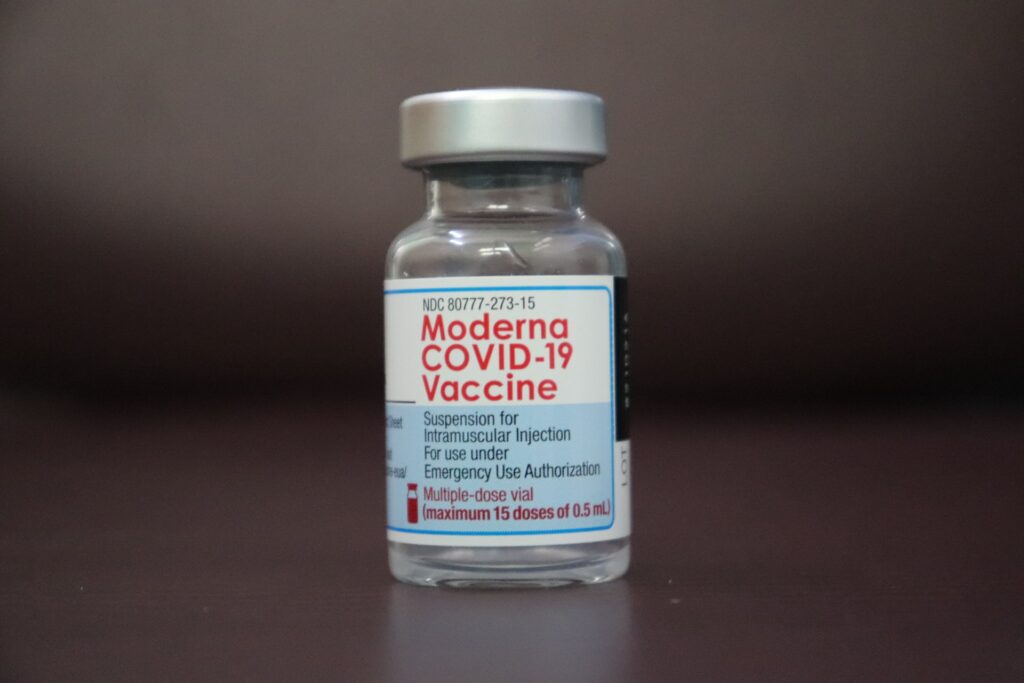Moderna and Merck will develop and market a tailored cancer vaccine for specific patients, the firms said on Wednesday. The news immediately skyrocketed the stock of Moderna, and it surged 16% in early trade Wednesday.
In a phase two trial, Moderna combined its vaccine, based on its messenger RNA technology, with Merck’s Keytruda to treat patients with high-risk melanoma. It is the deadliest type of skin cancer. The corporations anticipate releasing data during the fourth quarter of this year.
The vaccine developed by Moderna is intended to stimulate the immune system to deploy killer T cells that specifically target the mutations of a patient’s tumors. Keytruda is an injectable monoclonal antibody manufactured by Merck that blocks specific cell proteins from preventing T lymphocytes from attacking.
The parties first agreed into the arrangement in 2016, but Merck is now exercising its option by paying Moderna $250 million to do so. Merck will collaborate on the product’s development and marketing. The corporations will evenly divide all costs and earnings.
During the pandemic, Moderna gained a household brand after creating one of the most effective vaccines against Covid-19. The vaccine was developed in conjunction with the National Institutes of Health of the United States.
Other uses of Moderna’s mRNA technology
However, Moderna’s sole commercially accessible product is the Covid vaccine. The Boston biotechnology firm is under increasing pressure to demonstrate how it can use its own messenger RNA technology to combat other ailments. Since September 2021, MRNA stock has been on a downward trajectory, causing investors to wonder what’s next.
The question becomes increasingly significant as demand for Covid vaccinations declines. Nevertheless, Moderna is expecting $21 billion in Covid vaccine sales this year as it introduces new booster injections targeting the omicron type.
Keytruda is the most important medicine for Merck, accounting for 35% of the company’s total revenue in the second quarter. The Food and Drug Administration has authorized its use to treat many forms of cancer.



